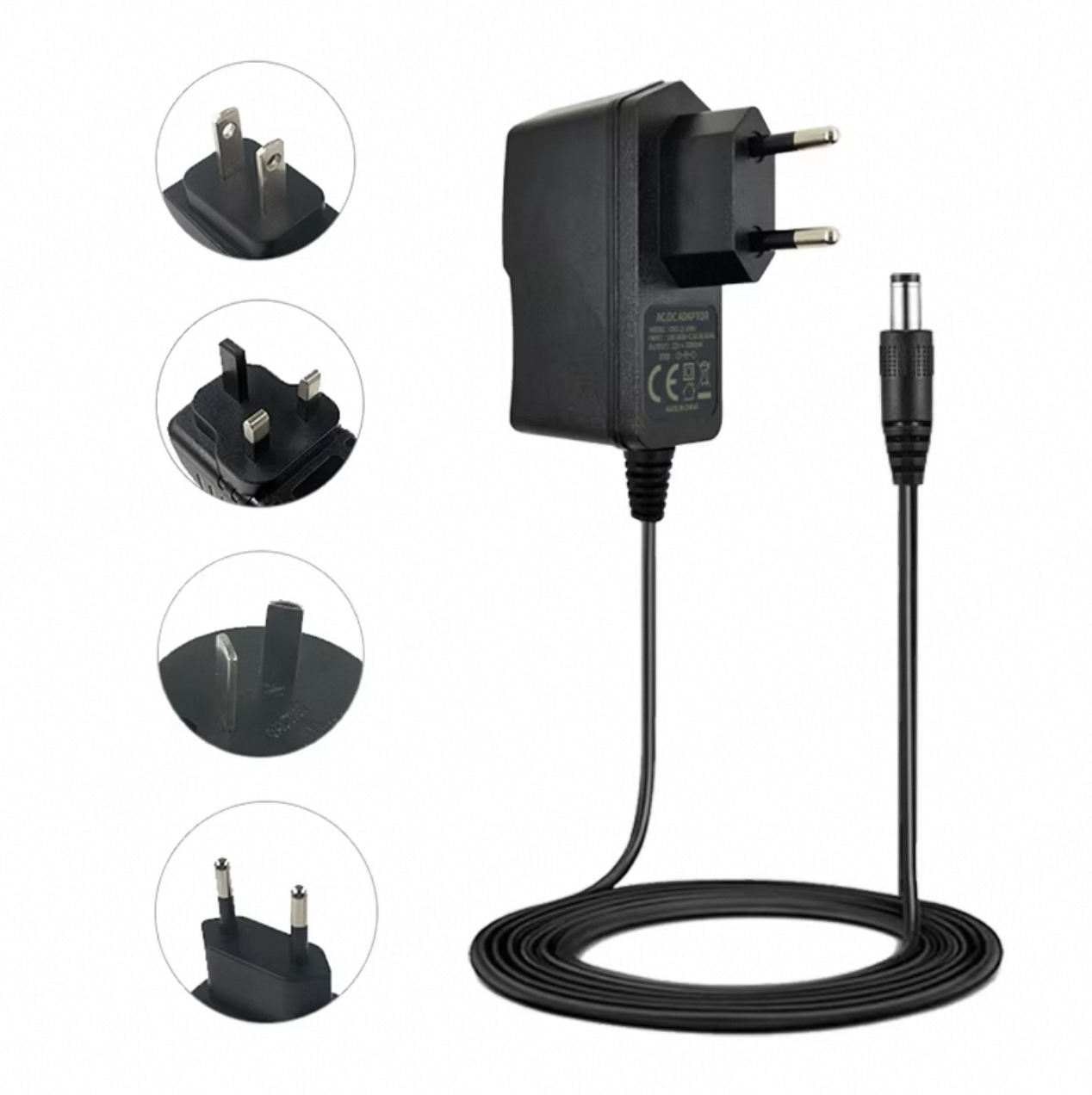When you need to choose wall adapters, several factors come into play. Each factor ensures that your electronic devices perform optimally and safely. Let's dive into the key considerations.
Voltage and Current Requirements
Understanding Voltage Ratings
Voltage ratings play a crucial role when you choose wall adapters. Every device requires a specific voltage to function correctly. The unit for voltage is volts (V). A mismatch in voltage can cause damage or malfunction. Always check the voltage rating on your device or its original adapter. Matching these ratings ensures safe and effective operation.
Importance of Current Capacity
Current capacity is another vital aspect when you choose wall mount power adapters. The current rating, measured in amps (A), indicates the maximum current the adapter can deliver. Using an adapter with a higher amperage than required is safe if the voltage matches. For instance, a 2 amp adapter can replace a 1 amp adapter without issues, provided the voltage remains the same. Ensuring the correct current capacity helps maintain device performance and longevity.
Connector Types
Common Connector Types
Connector types vary widely among devices. When you choose wall mount adapters, identifying the right connector type is essential. Common types include barrel connectors, USB connectors, and proprietary connectors. Each type has unique features and uses. Knowing the common connector types helps you find the right fit for your device.
Compatibility with Devices
Compatibility with devices is crucial when you choose wall adapters. The connector must fit securely into your device's power port. A mismatch can lead to poor connections or damage. Always check your device's specifications or consult the manufacturer to ensure compatibility. Proper compatibility guarantees efficient power delivery and device safety.
Safety Certifications
Importance of Safety Standards
Safety standards protect both you and your devices. When you choose wall adapters, look for safety certifications. These certifications indicate compliance with industry standards. Adapters meeting these standards reduce risks like overheating or electrical faults. Prioritizing safety standards ensures peace of mind and device protection.
Common Certifications to Look For
Several common certifications signal a safe choice when you choose wall adapters. Look for marks like UL (Underwriters Laboratories), CE (Conformité Européenne), and FCC (Federal Communications Commission). These certifications verify that the adapter meets necessary safety and performance criteria. Choosing certified adapters enhances safety and reliability.
Choosing the right wall adapter or power supply involves careful consideration. You need to think about voltage, current, and connector types. Safety certifications matter too. Each factor plays a role in device performance and longevity. Logical reasoning helps you make informed choices. Always weigh cost against quality. Consider brand reputation and customer reviews. Professional advice can guide you if you're unsure. Making the right choice ensures your devices run smoothly and last longer.

